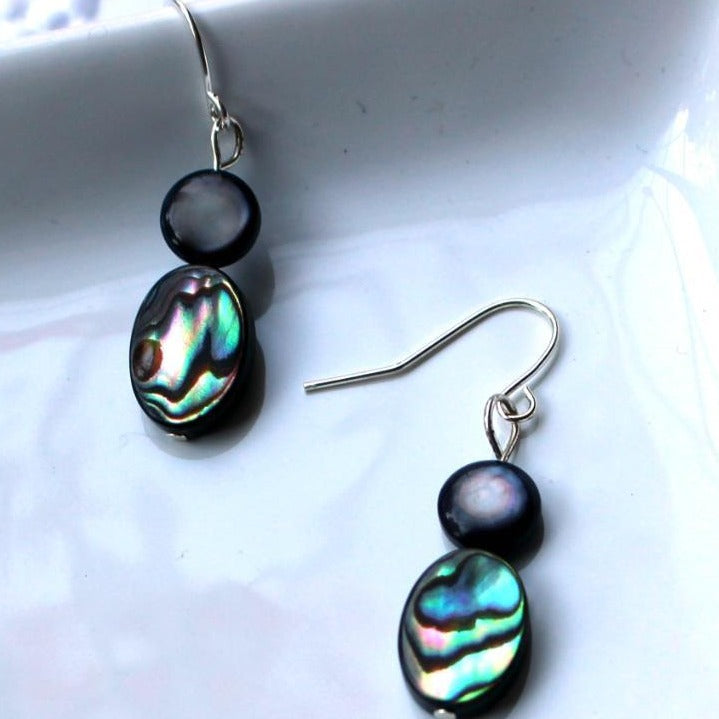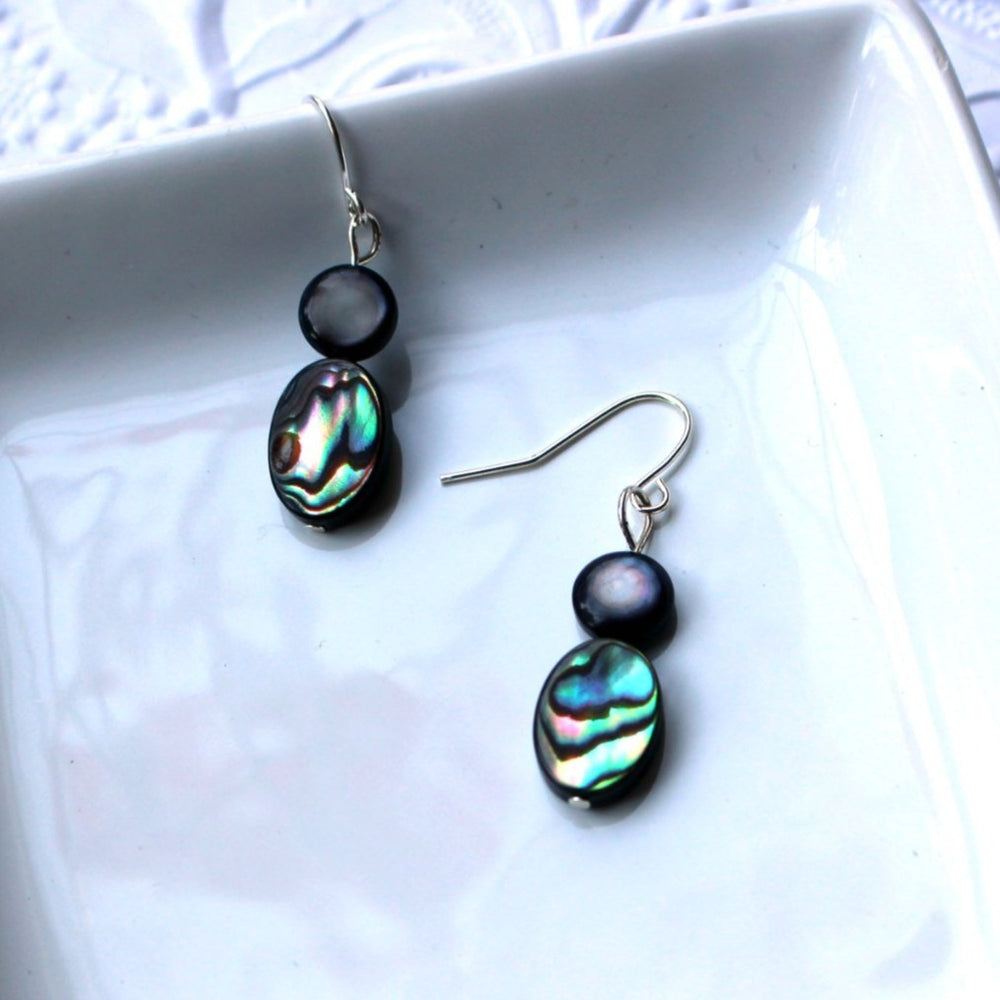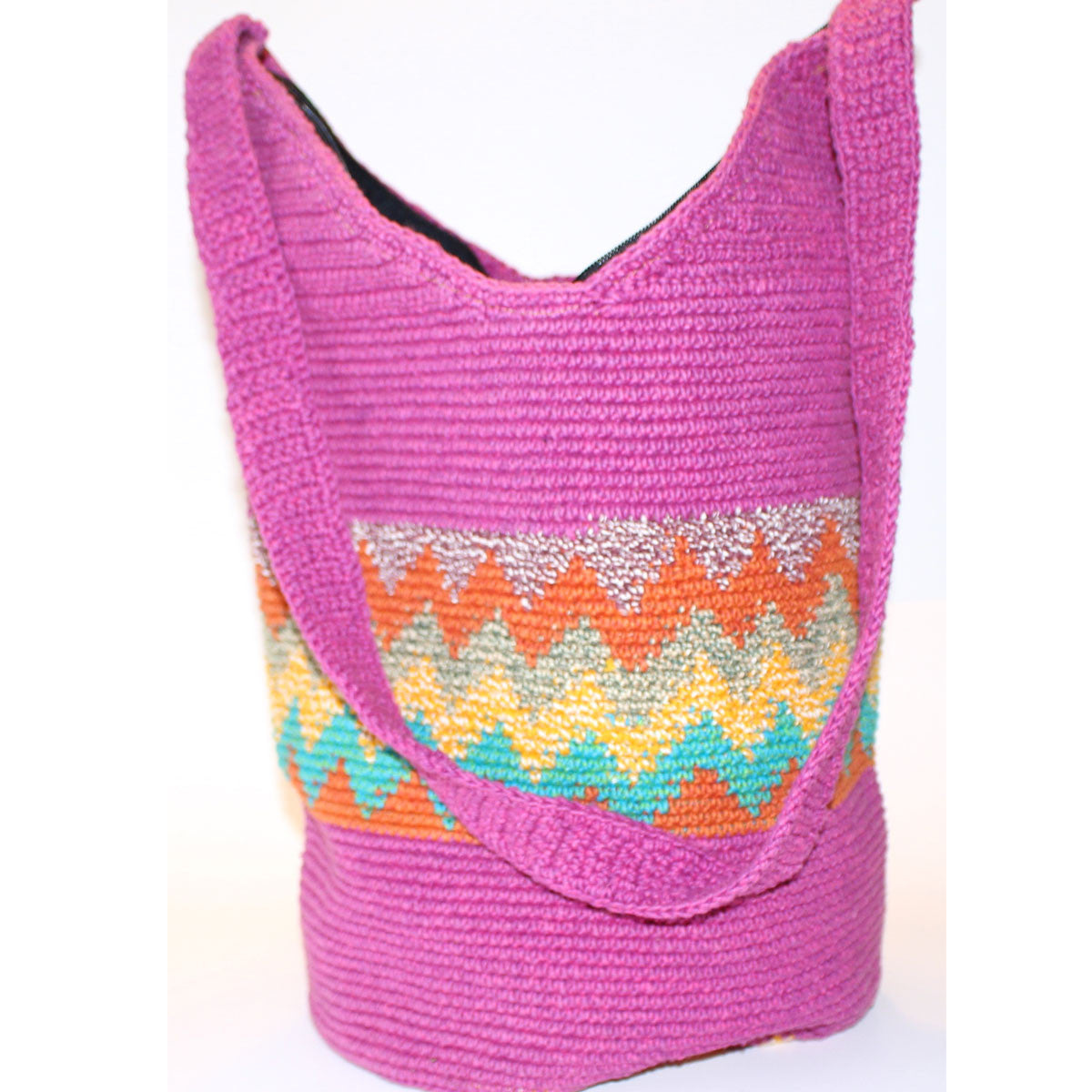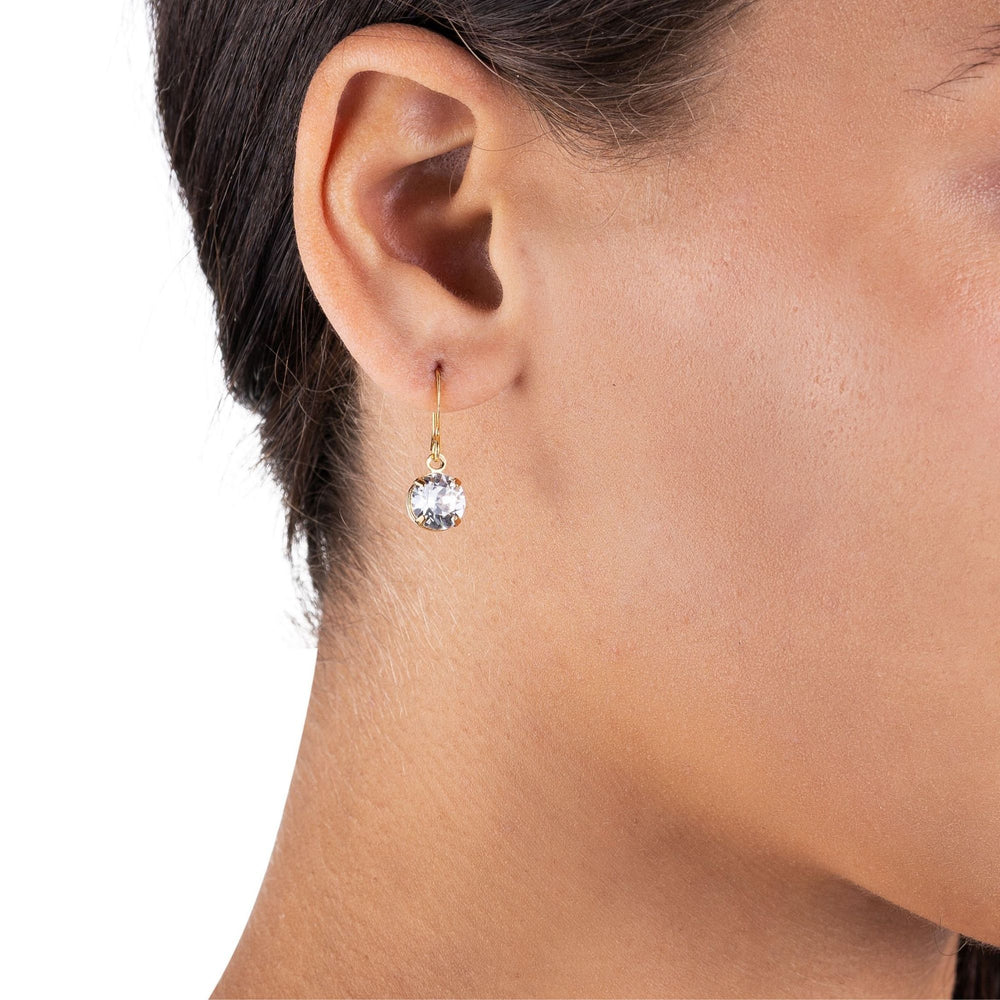Fair Trade Jewelry: Crafting Ethics and Sustainability
In today's globalized world, ethical consumerism has gained significant momentum. People are becoming more conscious about the products they buy, seeking assurance that their purchases align with values such as social justice, sustainability, and responsible sourcing. In the realm of fashion and accessories, fair trade jewelry has emerged as a shining example of how conscious consumer choices can make a positive impact on both people and the planet.
{Read about our personal, fair trade connection}
Understanding Fair Trade Jewelry
Fair trade jewelry is a concept that marries the worlds of fashion and social responsibility. It encompasses jewelry made from materials that are ethically sourced and crafted by artisans who are paid fair wages, work under safe conditions, and are not subjected to exploitative practices. This movement aims to address the issues of poverty, inequality, and environmental degradation that are often associated with traditional jewelry supply chains.
Key Principles of Fair Trade Jewelry
1. Ethical Sourcing: One of the core principles of fair trade jewelry is ethical sourcing of materials. This involves ensuring that the raw materials used in jewelry, such as metals and gemstones, are extracted and processed in a manner that respects both human rights and the environment.
2. Fair Wages and Working Conditions: Fair trade jewelry promotes equitable compensation for artisans and workers. It seeks to eliminate sweatshop-like conditions and ensure that jewelry makers are provided with safe working environments, reasonable working hours, and fair wages that enable them to support themselves and their families.
3. Cultural Preservation: Fair trade jewelry often celebrates the cultural heritage and traditional craftsmanship of different communities. By valuing and preserving these skills, the movement contributes to the sustainability of local cultures and traditions.
4. Transparency: Transparency is crucial in fair trade practices. Jewelry companies involved in fair trade make efforts to disclose information about their supply chains, production processes, and the impact of their practices on various stakeholders.
5. Environmental Responsibility: Eco-friendly practices are also a part of fair trade jewelry. This includes using sustainable materials, reducing waste, and minimizing the carbon footprint of the production process.
The Impact of Fair Trade Jewelry
The fair trade jewelry movement has far-reaching impacts that extend beyond the individual pieces themselves. Here are some notable effects:
1. Poverty Alleviation: By paying fair wages and providing decent working conditions, fair trade jewelry empowers artisans and workers to escape the cycle of poverty, enhancing their quality of life and access to education and healthcare.
2. Gender Empowerment: In many societies, women are disproportionately affected by economic disparities. Fair trade jewelry often focuses on empowering women artisans, helping them gain financial independence and a voice within their communities.
3. Environmental Conservation: Through responsible sourcing and sustainable practices, fair trade jewelry contributes to the conservation of ecosystems, reducing the negative environmental impact associated with traditional mining and manufacturing processes.
4. Community Development: The fair trade approach promotes community development by investing in infrastructure, education, and healthcare facilities within the areas where artisans work.
Criticisms and Challenges
While fair trade jewelry is a commendable movement, it's not without challenges. Some critics argue that the fair trade label can be misused or that the certification process may not always be rigorous enough. There's also the issue of scalability, as small-scale production can limit the movement's ability to compete with mass-produced jewelry on a global scale.
Conclusion
Fair trade jewelry is a shining example of how consumer choices can drive positive change. By choosing pieces that align with fair trade principles, consumers can support artisans, promote sustainable practices, and contribute to the global effort to create a more just and equitable world. As the movement continues to grow, it's essential for consumers to remain vigilant, ensuring that the principles of fairness, transparency, and sustainability are upheld within the industry.
{Read about our personal, fair trade connection}
References:
1. Martinuzzi, A. (2019). *The Benefits of Buying Fair Trade Products*. The Balance Small Business.
2. Doherty, B., & Davies, I. (2019). *Ethical consumption and the everyday politics of engagement*. The International Journal of Sociology and Social Policy, 39(5/6), 375-391.
3. Dauvergne, P. (2018). *The global politics of forest governance: Challenges, actions and effects*. Global Environmental Politics, 18(3), 1-17.
4. Bowles, N., & Montenegro, M. (2018). *The Sustainable Development Goals as an Ethical Lens*. In Ethics and International Affairs (pp. 149-160). Georgetown University Press.












